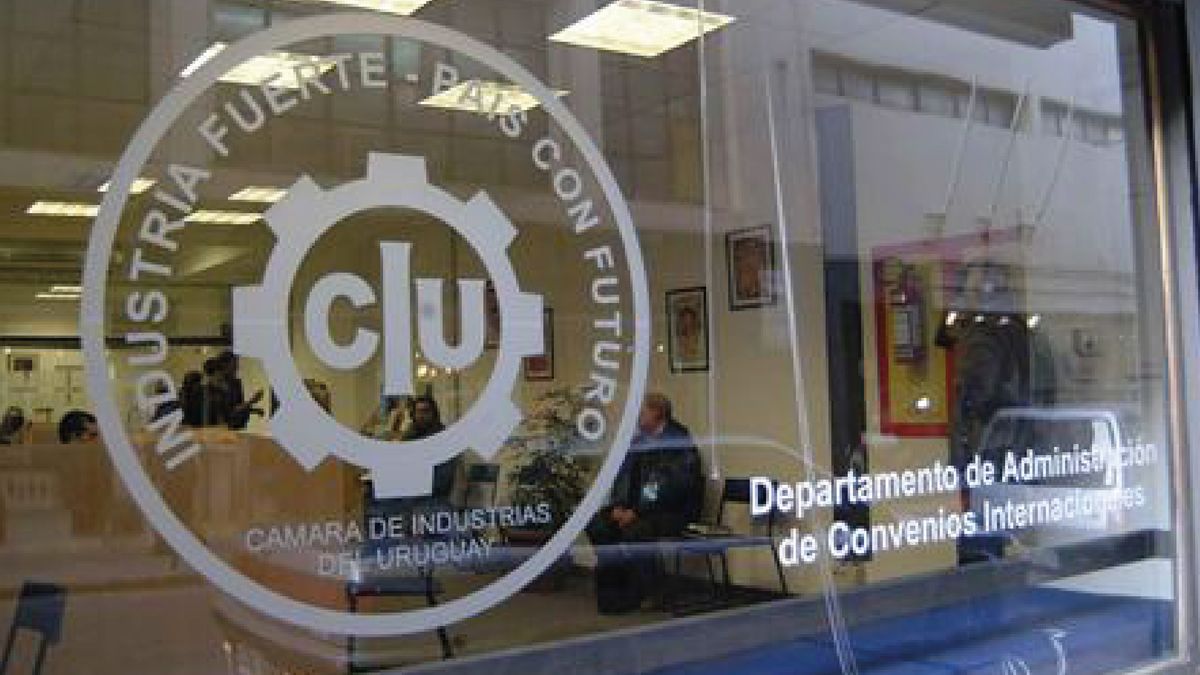The vice president of the CIU, Gabriel Murara, pointed to the loss of competitiveness and maintained that the exchange rate delay “is having its consequences on employment.”
The Chamber of Industry of Uruguay (CIU) warned about the difficult situation that different companies are going through, on the verge of closure, in the midst of the context in which the competitiveness returned to the center of the debate after National Beer Factories (FNC) announced the closure of its plant in Mines. “We have members who are having many problems, some with unemployment insurance and reviewing whether they continue to function or not,” said the vice president of the chamber. Gabriel Murara.
The content you want to access is exclusive to subscribers.
While the 150 workers of the FNC plant that will close its doors are going through the first hours of a general strike demanding the maintenance of the factory and, therefore, of jobs, the state of the situation of the Uruguayan competitiveness is once again a central topic of discussion in the political and economic spheres, mainly linked to local industry and employment.


In that sense, the vice president of the CIU said in dialogue with Radio Monte Carlo that “the closure of the National Beer Factories, which is an icon in the industry with more than 150 years in the country, raised the general issue of closure of some industries”. According to Murara, some are well-known and others not so many, but he pointed out that the chamber is already attending to the situation of several member companies with more than 300 employees who are analyzing the possibility of closing their doors.
“In FNC, being in Minas, it generates another spillover effect in the city that is more important than in Montevideo, But in reality everything adds up and ends up affecting the country in the long run, because all these jobs that are lost, with good salaries and good staff training, are difficult to recover,” the industrialist warned.
Triperías, a particular case of vulnerability
Murara exemplified with the specific case of triperías “which have a very complicated situation of competition.” “They have always exported a lot and today they have a situation in which they cannot continue operating because a lot of money has already been put into trying to maintain the activity, and there is national industry and foreign industry in the same field, and both with the same competitiveness problems,” he noted.
Among the reasons that the vice president of the CIU pointed out about the present complex of this industrial sector is the workers’ salary agreement. “They are in a salary group and they make up that group with the refrigerators, but while one has approximately 15% of the labor cost“They have 70%,” he explained, adding that “a release has been requested for a long time so that they have a separate agreement and it has not been achieved.”
The problem in this, in addition to the “labor rigidity in general” is that it is not the same to divide 70% of added value into the 38.50 pesos quoted by the dollar currently have to do it at 44 or 45 pesos, which is what the exchange rate should be, according to the Chamber of Industries. “I say this number because of the numbers on the Central bank, “which speaks of the fact that we have a 15% difference in the exchange rate,” Murara recalled, taking the opportunity to make it clear that the exchange delay “It is having its consequences on employment.”
Source: Ambito




